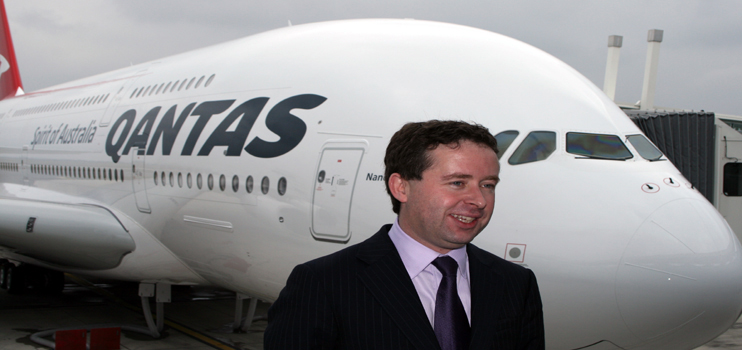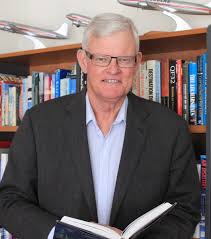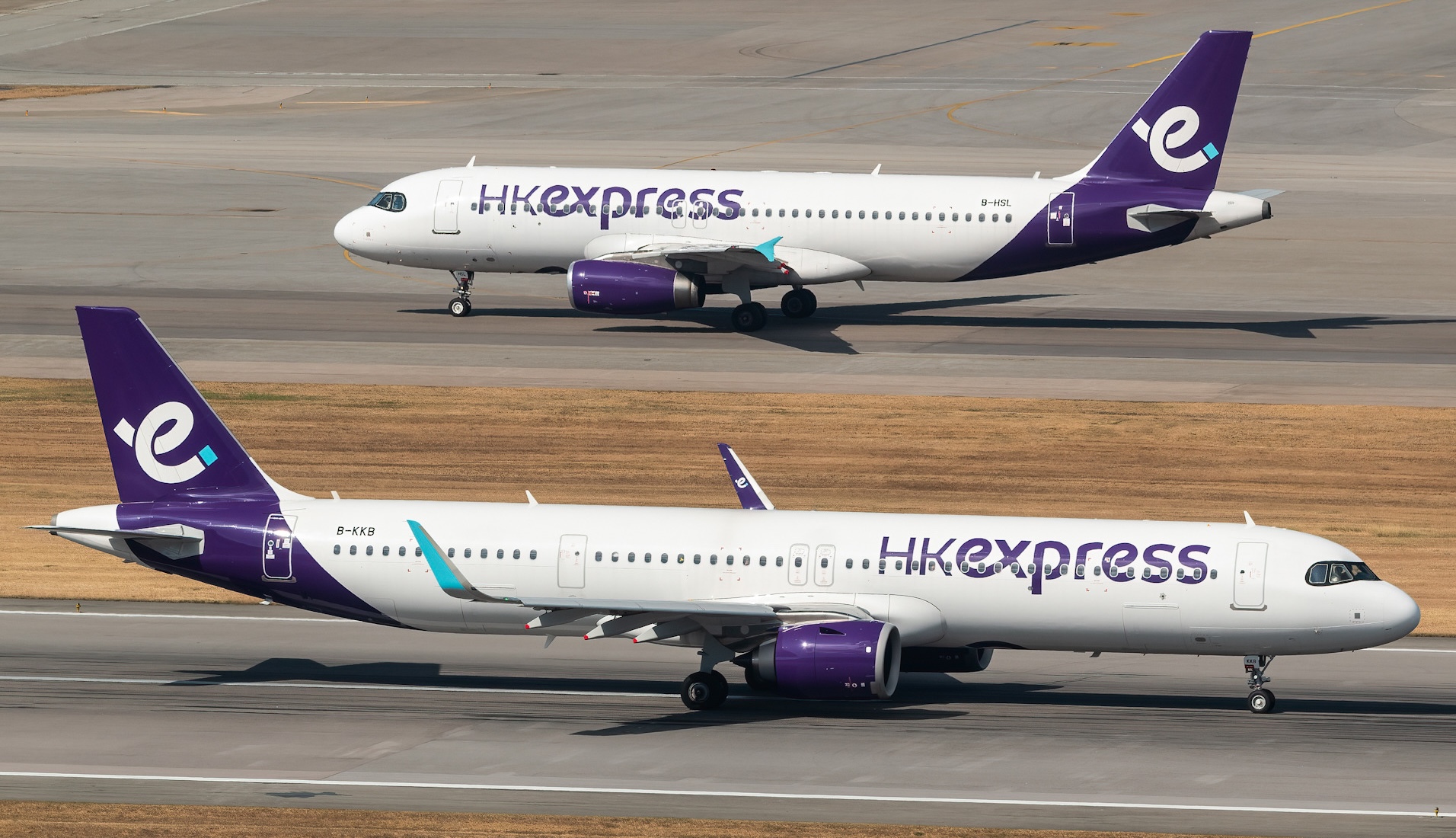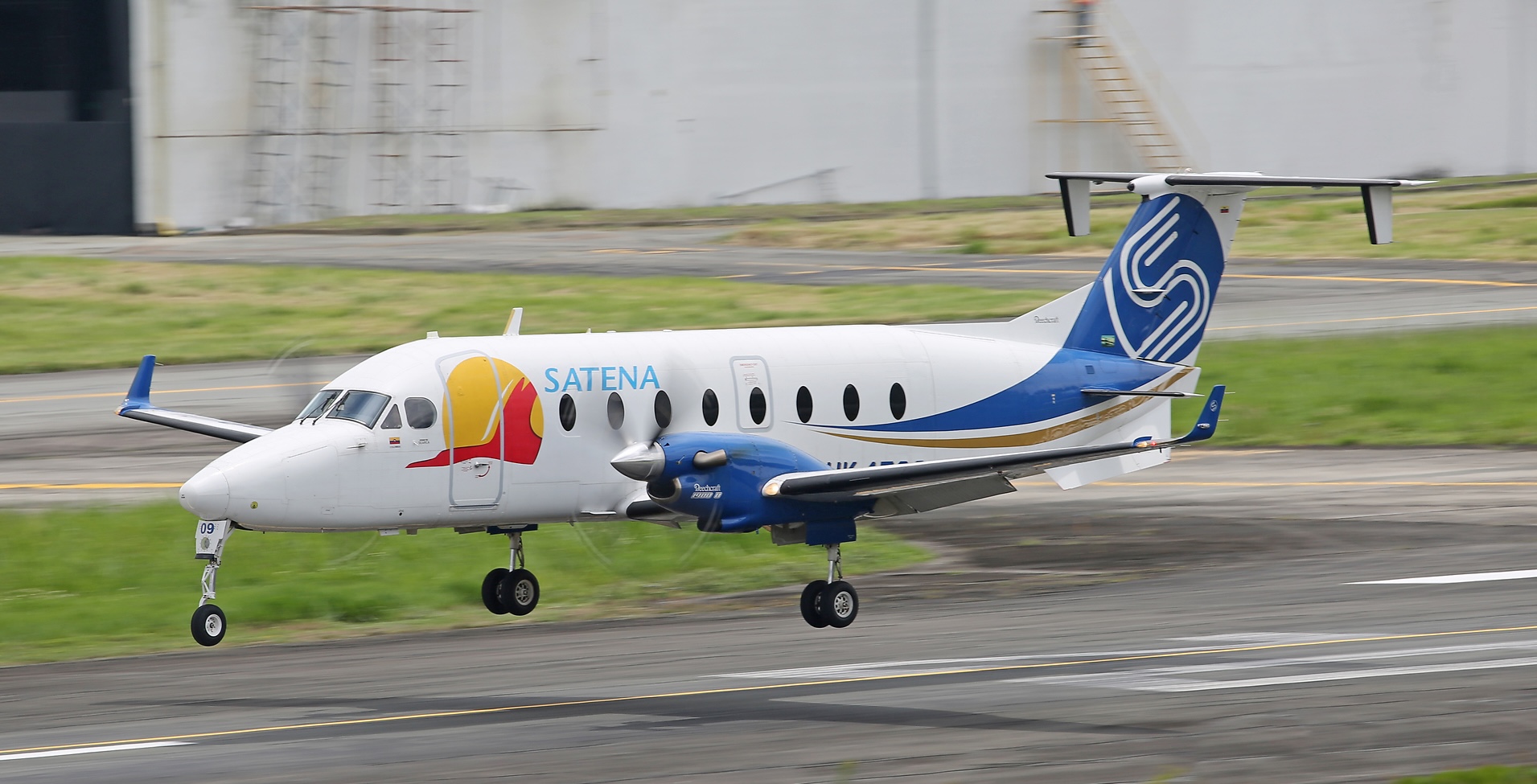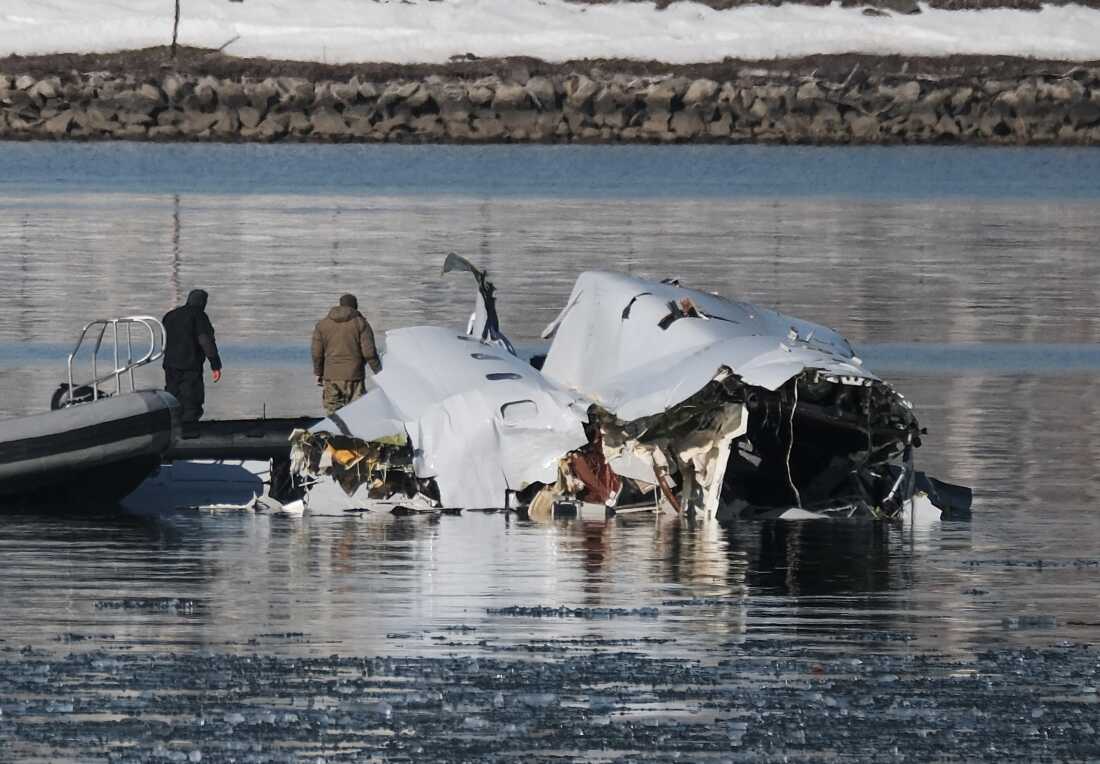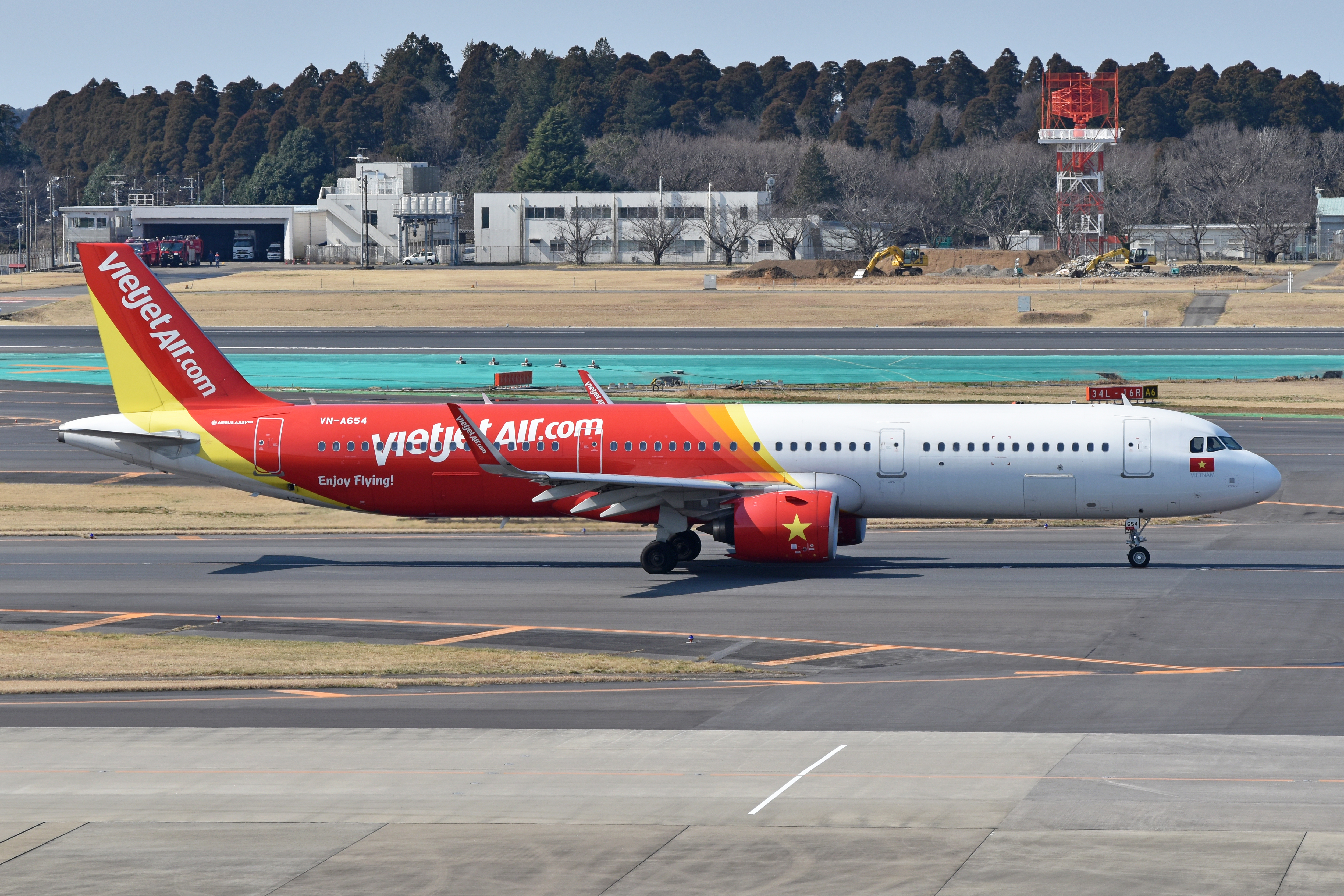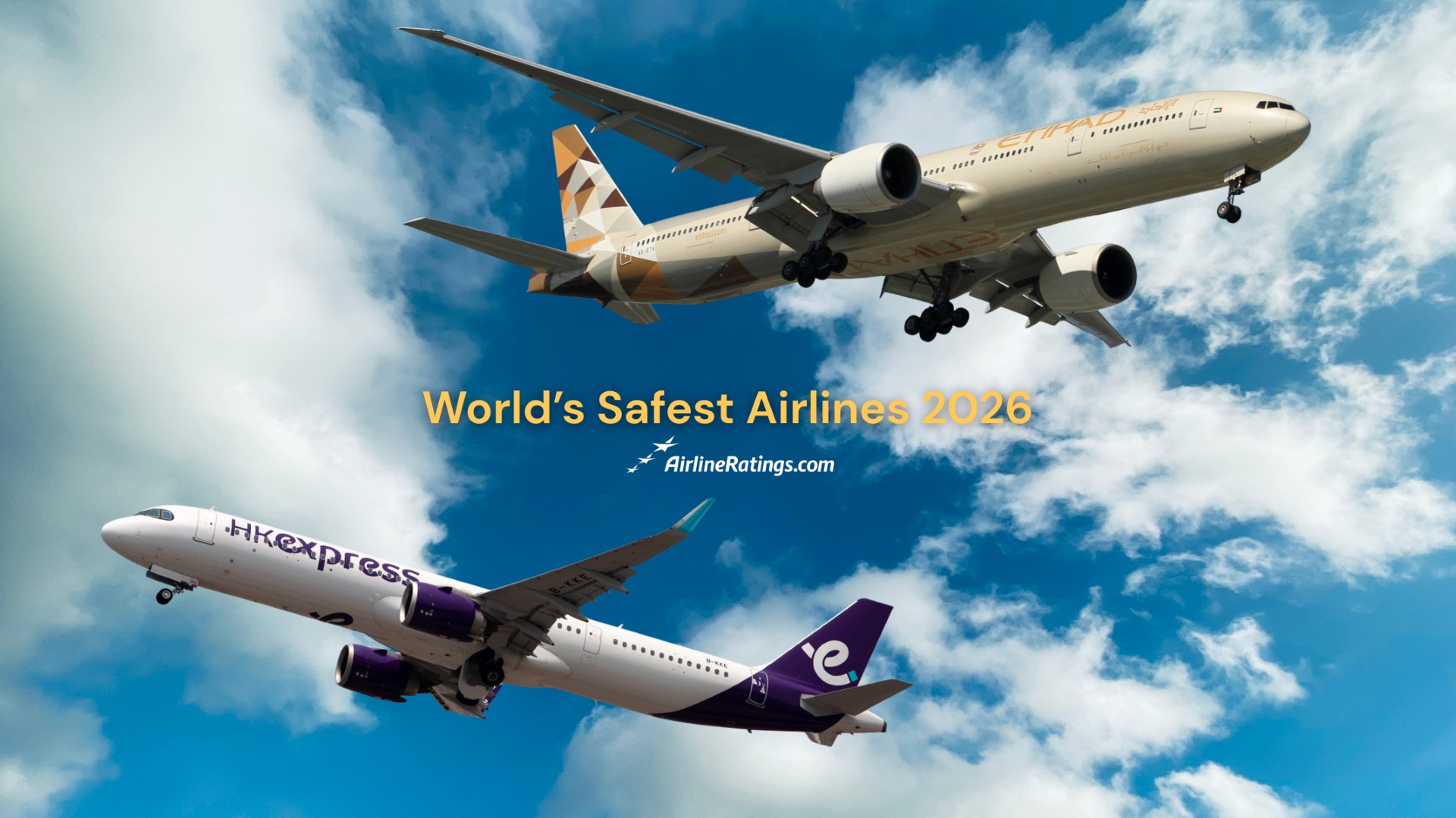On Thursday February 27th the blame game erupted within seconds of Qantas posting its sickening result of a A$235 million loss on the Australian Securities Exchange.
Most had their crosshairs fixed on the airline’s embattled chief executive Alan Joyce but the reality is that everyone at Qantas, its unions and the Government is to blame.
A degree of blame also lies with the airline’s former chief executives Geoff Dixon and the late James Strong, who ignored global market trends, bought the wrong planes and did not take on some of the unrealistic unions decades ago.
Qantas started to lose loyal passengers when Mr Strong refused to put seat-back videos into economy class in the early 1990s to match Singapore Airlines.
It would be another 10 years before Qantas finally had its international fleet similarly equipped.
Mr Strong also turned his back on premium economy in 1997 despite the fact that Australians are the world’s second tallest travellers (behind the Dutch) and fly the second longest distances (after New Zealanders).
He told The West Australian at the time that he “couldn’t make the business case”.
When the airline finally embraced premium economy in 2008, it admitted it was a “real winner”.
The blunders cost Qantas dearly, with passengers embracing companies such as Singapore Airlines, Cathay Pacific and Emirates that were first to market customer innovations.
Possibly Mr Strong’s and Mr Dixon’s biggest mistake was turning their backs on the 365-seat Boeing 777 300 — the world’s most economical and versatile plane.
It is estimated that if Qantas had bought the 777, it would have saved more than $1 billion in fuel in the past 10 years.
Added to the mix is that Qantas has accumulated a great deal of excess baggage in the past 93 years, with many of its staff contracts having salary, conditions and restrictions that date back to the 1960s.
The stark reality is, according to Oxford Economics, the average salary at Qantas is $92,000 compared with $47,000 at Emirates.
However, most staff at the coal face are paid well under that "average".
And in the domestic space, Qantas’ costs are 17 per cent higher than Virgin Australia’s.
That is unsustainable by any measure.
Mr Joyce was bound to be unpopular delivering the medicine he did on Feb 27th but he has been held in a headlock by unions that seem to be refusing to embrace the reality of today’s aviation world. That world is the least profitable and the most rapidly changing.
Countless major airlines have gone bankrupt over the past 50 years, including pioneering icons such as Pan American and Trans World Airlines.
Every major US airline has entered Chapter 11 bankruptcy protection and restructured labour costs, with pilots for instance suffering pay cuts of 40 per cent over the past 10 years.
Qantas’ militant unions must accept the gravy train of a government-owned and protected airline of the 1980s is well and truly over.
At almost every turn they have disrupted the airline’s attempt to get its operations more competitive and to strip away inefficiencies.
The pilots’ union was telling its members that in its view “the Qantas announcement is a consequence of a long string of misguided management decisions over the past 10 years that include poor aircraft decisions, questionable foreign investment decisions, poor strategic decisions and disastrous brand management”.
The Transport Workers Union talked of strike action, putting doubt into the minds of travellers.
During 2011, the TWU and the Australian Licensed Aircraft Engineers Association conducted an aggressive campaign to disrupt the travel plans of millions of passengers in support of unrealistic wage and job security claims.
That campaign drove many loyal Qantas customers to try Virgin Australia and they liked what they saw. It is not a question of whether pilots, ground staff or engineers are worth what they are paid.
The question is will the passengers pay the price and the answer, more and more, is that they will not.
Only 17 per cent of Australians fly Qantas into and out of Australia — down from 45 per cent in 1988. Just as millions of Australians are working harder and smarter for less, so must Qantas staff.
It is time for Qantas staff, and their union leaders, to enter the departure lounge for the 21st century
See the geoffrey's interview withLateline here
See Geoffrey's interview on Sunrise http://au.tv.yahoo.com/sunrise/video/watch/21760612/unions-not-happy-with-qantas-talks/
Have questions or want to share your thoughts?
